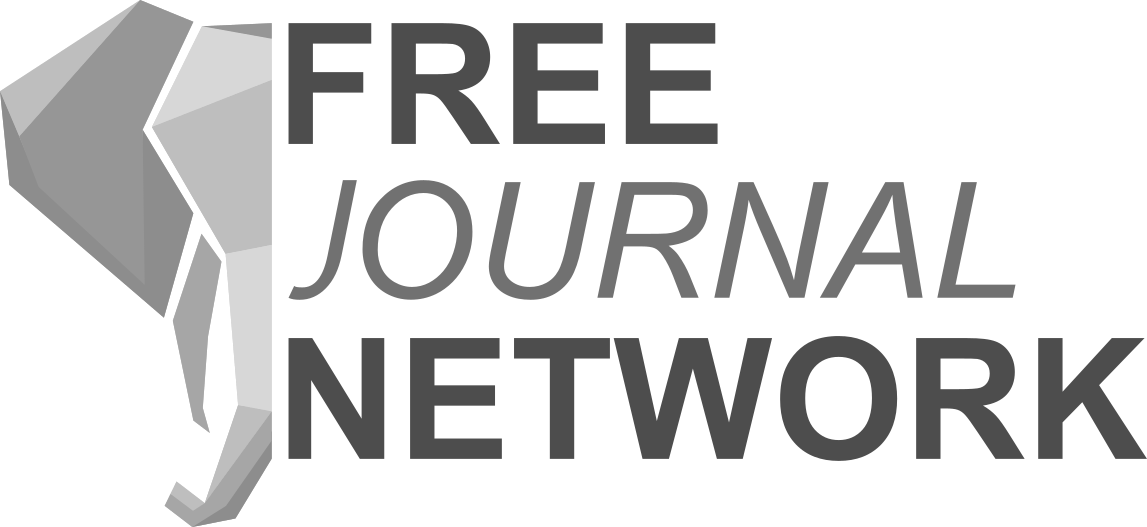Systemization of Knowledge (SoK) Papers
Systemization of Knowledge (SoK) papers evaluate, systematize, and contextualize existing knowledge. They provide an important new viewpoint on an established, major research area. The heart of the SoK paper is analysis: analyzing the existing literature and providing insights that could not be obtained by simply reading each of the individual papers.
SoK papers analyze the current research landscape: identify areas that have enjoyed much research attention, point out open areas with unsolved challenges, and present a prioritization that can guide researchers to make progress on solving important challenges.
A SoK paper may contribute new insights by:
- Qualitative analysis of existing research
- Empirical analysis of open-source software
- Identifying future research directions or challenges that require the community attention
- Presenting a convincing, comprehensive taxonomy
Imagine that the SoK paper will be given to a junior PhD student. After reading it, they should have a good idea of where the area stands, and what challenges they could pursue. A great SoK paper will help set the agenda for the field by identifying research problems that could be worked on for the next 5 years. We do not require this of all SoK papers, but it is the ideal to aim for.
SoK papers will not be rejected for:
- Lack of novel techniques or systems
- Lack of empirical evaluation of proposed techniques
SoK papers may be rejected for:
- Being a simple literature survey with no added insight
- Covering a new research area or line of work where there are few research papers
Desk Rejections:
- On receiving the submission, the JSys editor-in-chief will do a quick check of the submission. If either rejection criteria apply, the submission will be rejected without further review.
Guideline for authors:
- check the SoK checkbox on the submission form to flag them for the review process.

